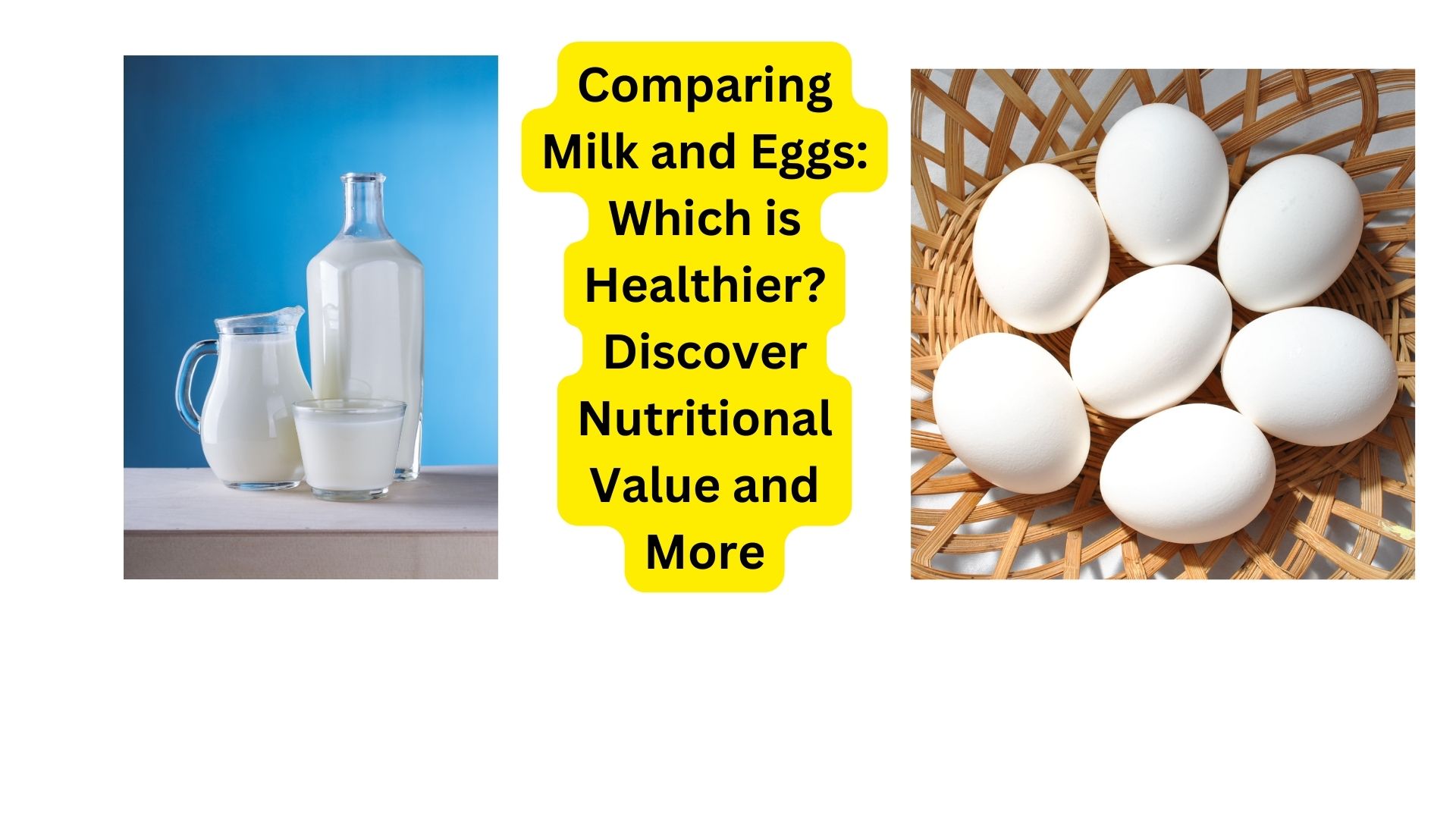
The longstanding debate surrounding whether eggs or milk hold greater health benefits continues to intrigue many. Both eggs and milk are dietary mainstays, packed with essential nutrients crucial for overall health. Renowned for their protein content, they are favored by those looking to promote muscle growth. Additionally, they boast an array of vitamins and minerals essential for bodily functions. Let’s explore a comparative analysis of their nutritional content to determine which offers superior nutritional value.
According to a report from Healthline, a single boiled egg typically contains around 6.3 grams of protein, 77 calories, 5.3 grams of total fat, 212 mg of cholesterol, and 0.6 grams of carbohydrates. Eggs are rich in various nutrients including vitamin A, vitamin B2, vitamin B12, vitamin B5, phosphorus, and selenium. Despite their cholesterol content, studies suggest that eggs have minimal impact on blood cholesterol levels and are generally not associated with an increased risk of heart disease for most individuals. However, those with concerns about high cholesterol should seek advice from healthcare professionals before adding eggs to their diets.
In contrast, milk provides approximately 8.14 grams of high-quality protein per serving, delivering 152 calories. It also contains 12 grams of carbohydrates, 12 grams of sugar, and 8 grams of fat, along with essential nutrients such as calcium, vitamin B12, riboflavin, and phosphorus. With its high water content of about 88 percent, milk helps maintain hydration levels. Additionally, milk contains whey protein, further enhancing its nutritional profile. Recognized for its calcium content, milk is considered an excellent source of this mineral, which is readily absorbed by the body.
When comparing the nutritional values of milk and eggs, both emerge as robust sources of protein, yet they differ in certain aspects. Milk excels in calcium content, while eggs are known for their cholesterol levels. Calorie-wise, both foods are relatively low, making them suitable for regular consumption.
For vegetarians, milk serves as a valuable option due to its comprehensive nutrient profile. While egg consumption is generally advised to be limited to 4-5 per week, milk can be consumed daily or even multiple times a day without significant adverse effects. Ultimately, both milk and eggs provide essential nutritional benefits, enriching a balanced diet and promoting overall health and well-being.
Also Read
Discovering the True Contrast Between Curd and Yogurt- Know More
